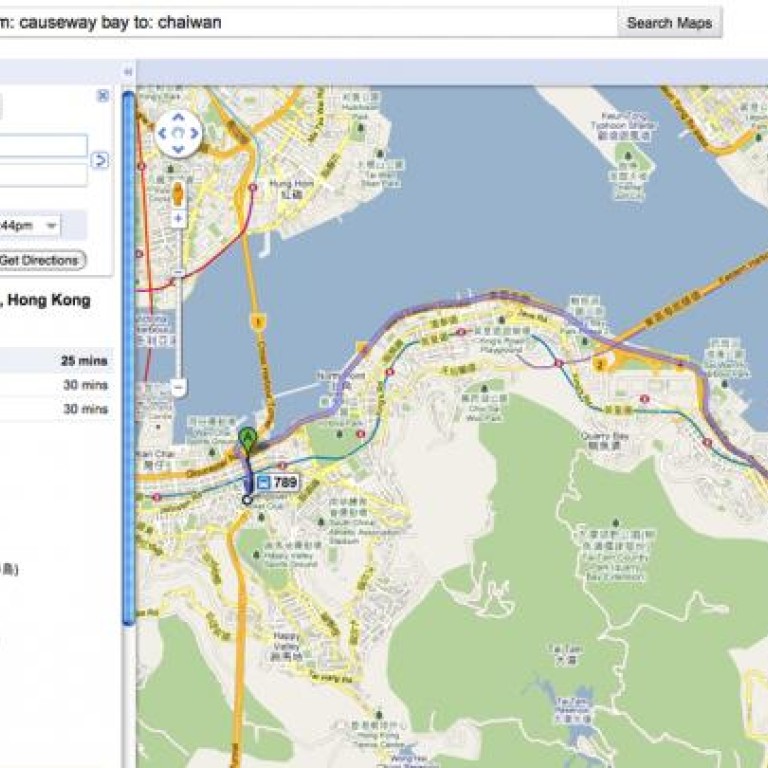
Online map-makers chart new course
Brian McClendon says citizen cartographers are helping to expand people's worldview
Noé Diakubama, an emigrant from the Democratic Republic of Congo who now lives in Paris, is one of this century's intrepid pioneers. Using online map-making tools, he created the first map of his village, Mbandaka, which he and his wife have modified over 100,000 times since 2009. Diakubama literally put Mbandaka - and the people who live there - on the map.
He is not the only such pioneer. There is a vast and growing community of online map-makers creating useful, accessible maps of lesser-known areas - and transforming people's lives in the process.
During the Age of Exploration, adventurers like Christopher Columbus and Ferdinand Magellan embarked on dangerous journeys to distant lands, drawing detailed charts of their voyages. By advancing geographic knowledge, they broadened people's worldview, enhanced trade and helped usher in the Industrial Revolution.
Today, people like Diakubama are spearheading a second golden age of cartography, which promises to bring equally significant economic and social benefits. Indeed, accurate maps break down geographic barriers, empowering individuals, enabling businesses to reach consumers anywhere, and enriching people's outlooks.
The internet is transforming the way maps are made, enabling "citizen cartographers" to work alongside adventurers and professional geographers. These cartographers are embracing the opportunity to depict the places that they know and love. Digital maps can be as dynamic as the communities they depict. Unlike paper maps, they can be modified instantly.
Digital mapping technology is having the most profound impact on the world's most remote and undeveloped regions. In Africa, for example, road coverage on Google Maps increased from 20 per cent in 2008 to 75 per cent last year, while the number of towns and villages for which detailed maps are available grew by more than 1,000 per cent. This has not only facilitated trade and transport, but also translates into faster response times for emergency services, saving thousands of lives each year.
The mapping movement's momentum promises to result in the comprehensive and accurate representation of almost every inch of the world.
To advance the world's geographic knowledge, explorers used to have to head out to sea, enduring inclement weather and debilitating disease, unsure of where they were going - or whether they would ever return. While today's online cartographers do not face the same risks, they, too, are embarking on a journey into the unknown in search of knowledge, excitement and better lives.
